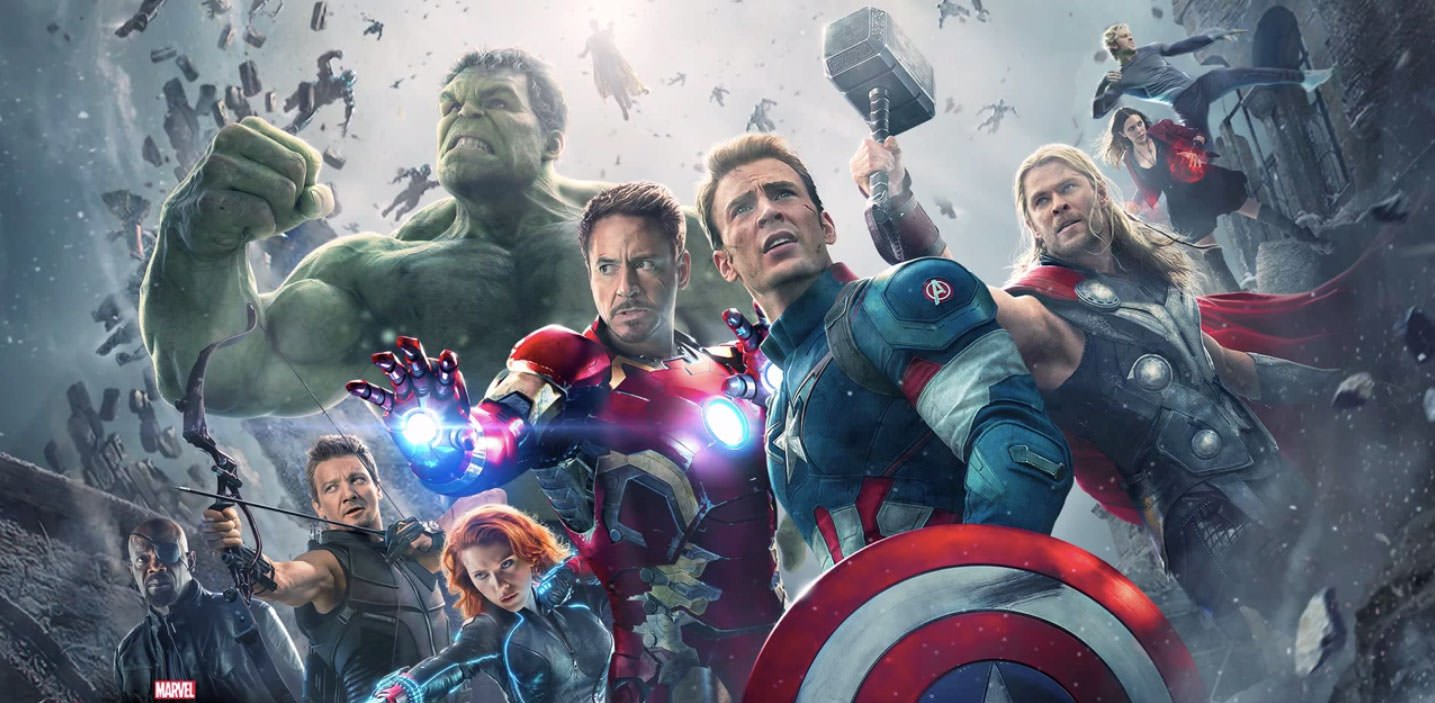#755 - Die Hard
John McTiernan, 1988

A police officer attends his estranged wife's office Christmas party only for a group of terrorists to take over the building.
There have been enough films that take place at Christmas and invoke a lot of the same tropes and details that Christmas has practically become a genre in and of itself with its own collection of cinematic classics. In keeping with what defines the season for the people that celebrate it, the most well-known Christmas movies tend to consist of predominantly family-friendly tales that tend to invoke a wide variety of holiday conventions, whether it's learning the true value of family in
It's A Wonderful Life or one boy's all-consuming wish to receive a BB gun from Santa Claus in
A Christmas Story. Of course, after an up-and-coming screenwriter by the name of Shane Black opted to set his action-packed buddy comedy
Lethal Weapon during the lead-up to Christmas, the parameters for what could be considered a Christmas movie apparently shifted. As a result, when
Die Hard came out the year after
Lethal Weapon and also happened to be an action movie that took place during Christmas, it proved such a resonant hit with audiences that even now there are people who not only think that it should be counted as a Christmas movie but also think that it is arguably the best Christmas movie. I obviously don't think it's particularly clever to refer to
Die Hard as a Christmas movie but that isn't enough to stop me from forming my own Christmas tradition of watching
Die Hard on Christmas Eve.
Considering how much of an influence the basic plot mechanics of
Die Hard have had on the past few decades of action cinema, it almost defies the need for explanation, but I'll do it anyway.
Die Hard sees New York detective John McClane (Bruce Willis) travel to Los Angeles to attend the office Christmas party being held at the skyscraper headquarters of the corporation that employs his currently-estranged wife Holly (Bonnie Bedelia). However, it's not long before an international team of terrorists led by a sophisticated German named Hans Gruber (Alan Rickman) launch a complex plan that involves taking all the party guests hostage. Fortunately, McClane is able to escape from the terrorists' clutches; though he is outnumbered and outgunned by his enemies, he still decides to launch his own guerrilla campaign against the terrorists using little more than his wits and whatever resources he can scrounge up as he does his best to keep one step ahead of his enemies. It's a simple plot, but the particulars are handled with surprising levels of efficiency and nuance - the first act provides a veritable cavalcade of pertinent factoids or important character details that will all come into play as the film progresses, which makes the multitude of pay-offs really satisfy. The first scene of the film is the best example of how the tiniest factors can work to define a film for better for worse as McClane's casual conversation with a fellow airline passenger about stress relief ends up playing a surprisingly major part in later high-stakes events - it could have been gratingly obvious but is deftly handled in such a way that doesn't feel that way..
Like many classic pieces of entertainment, what makes
Die Hard great is the way in which it takes familiar aspects of storytelling and provides engaging variations upon them. This much is true of the characterisation, where one can pick apart the various archetypes that are deployed but can easily enjoy them because of how well they are done. Willis builds a memorable hero who is flawed and vulnerable enough to carry the film even before any actual danger arises; his complicated interplay with Bedelia sells their characters' marital troubles with ease, especially since the latter gets a bit more development than your typical damsel-in-distress due to the film's vaguely progressive attitudes regarding '80s women. Rickman ends up being the true star here as he takes what could have been a thankless moustache-twirling baddie and adds some serious gravitas to the proceedings, with his coldly professional villain communicating volumes through both his affably eloquent speechifying and his admirably subtle displays of body language. There's also a lot to be said about his clipped Teutonic affectation that is dripping with classy condescension and callous cool as he can deliver even the most absurd dialogue with palpable menace. There's also a lot to be said for his intelligence and motivations, which are both complicated without being convoluted and are aptly reflected in manners great and small; in one instance that stood out to me on this viewing, Hans' plot to identify James Shigeta's Japanese-American executive involves him reciting the man's life story and casually referencing his internment during World War II. It's a small detail that can easily be missed but lends a world of character to a potentially generic villain.
With far too many films, it's easy to write off the entire supporting cast with little more than a straightforward line about "solid performances" or whatnot, but another reason why
Die Hard earns its reputation as a modern classic is because it manages to earn a paragraph dedicated to the multitude of supporting characters that grant the film its winning personality. Though the bulk of the terrorists aren't given that much time to distinguish themselves beyond their laughably '80s haircuts and tendency to not speak in English, several of Hans' henchmen manage it just fine; African-American hacker Theo (Clarence Gilyard) proves a delightfully wicked lackey whose frequent wise-cracking does not annoy, while Alexander Godunov makes quite the impression as Karl, Hans' brutish yet oddly elegant right-hand man whose pursuit of McClane soon turns very personal. There are a few easy love-to-hate characters on the "good" side of things, most prominently '80s that-guy Paul Gleason as the deputy police chief whose gross incompetence is supplanted reasonably well by his laughably cranky demeanour. Honourable mentions have to go to William Atherton as an opportunistic television journalist or Hart Bochner as a dangerously overconfident hostage, with the latter getting in a stunning piece of improvised dialogue. There are other good characters in the mix, too; as the affable Sgt. Al Powell, Reginald Veljohnson makes for a lovable foil to McClane whose radio-only connection with the man still comes across as vital despite its inherently artificial nature. Hell, I could even go ahead and bring up Argyle (De'voreaux White) the limo driver as an example of how the film can at least handle its bit-part comic-relief characters well, which is definitely important if you're going to feature comic relief at all.
Of course, it's not like the strength of the plot and characters means that
Die Hard can afford to skimp on the actual action. Having the film take place inside a high-rise office building seems to be a somewhat uninspired choice but the level of detail involved in developing Nakatomi Plaza practically makes the building into a character in its own right as its height and contents make it as much of an antagonist as any of McClane's human enemies. Some of the most thrilling segments in the film are definitely based in environmental hazards like McClane (who is instantly established as having a fear of flying) falls or threatens to fall from great heights in attempting to escape his enemies. The same sense of environment is what tends to lend the film's occasional sojourns into straightforward shoot-outs some character, often involving distinctive scenery details ranging from unnecessarily long conference tables on one floor to excessive amounts of glass window-panes on another. That's not to say that the film skimps on flat-out action either with its fair share of massive explosions and bursts of bloodshed scattered ever so carefully throughout the film. All of it is captured with surprisingly distinctive cinematography by future
Speed director Jan de Bont - there's something ineffable about the film's grainy compositions and smoothly gliding camerawork.
While one can easily pick apart elements of
Die Hard that can be a little problematic (nothing like a team of violent criminals to put your marital strife into perspective), excessive (did McClane really need to desecrate his first victim's corpse with Christmas decorations for the "benefit" of his foes?) or just plain silly (would an elevator really go "ding" before exploding?), it's a testament to the strength of the film that its flaws can be overlooked or at least accepted as part of the fun. Michael Kamen's histrionic score may get a little repetitive but its use of sleigh bells and horns definitely lend the film a lot of character in moments of tension, action, or drama. Countless viewings later, there's still a lot to like about this film - the plethora of characters who have enough charm to overcome their archetypal roles, the mixture of stunts and violence that define the film as an action masterpiece, or even the tightly-structured writing that lends the film quite a lot of replay value.
Die Hard plays things amazingly straight and works despite its inherent silliness as an '80s action movie. I've seen more than a few Christmas-themed movies and, despite its relative lack of actual Christmas character (beyond the occasional masterful stroke like the judicious deployment of Beethoven's "Ode to Joy" at a plot-critical moment),
Die Hard is definitely one that I have gone back to year after year and will probably continue to do so for the foreseeable future due to its status as a genuine masterwork in action cinema.












 great effort. Looking forward to this finishing so i can slowly work my way through it
great effort. Looking forward to this finishing so i can slowly work my way through it  .
.

